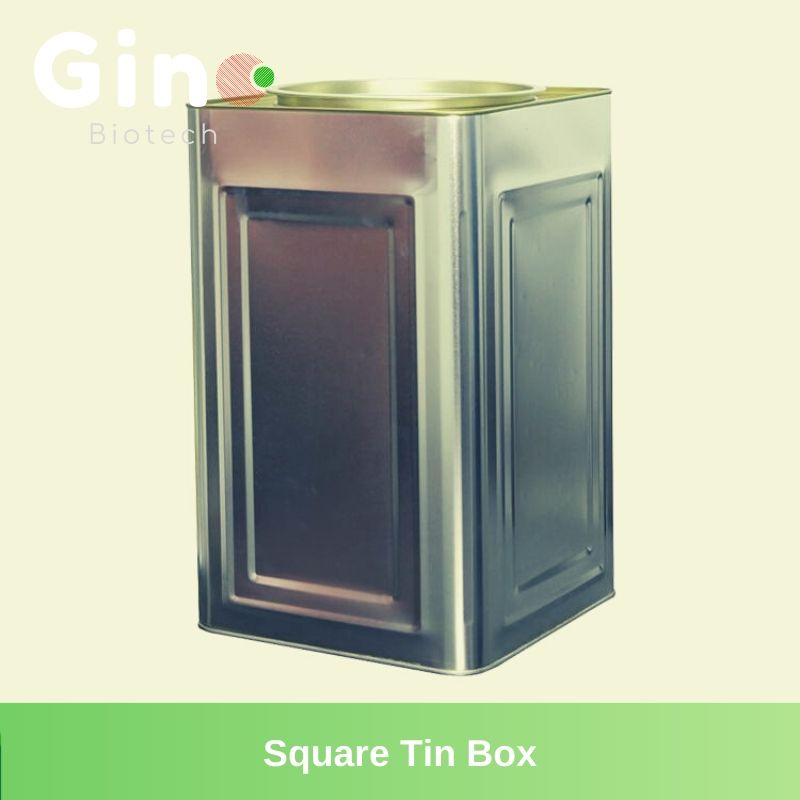Plant Tissue Culture Agar
Your Premier Plant Tissue Culture Agar Supplier
Description of Plant Tissue Culture Agar
Agar-Agar Powder Plant Tissue Culture Grade, also called Plant Tissue Culture Agar, due to its high gel strength and low mineral content, is specially designed for the preparation of substrates for the cultivation and development of plants in vitro, for preparing semi-solid and solid plant tissue culture media.
The use of agar as a tissue culture agent has been around for several years due to its strength as a gel, minimal mineral content, and transparency. Cultivating plants in vitro requires following a series of rigorous steps, including providing the culture with a suitable growth medium. As interest in cultivating plants, fruits and flowers continues to grow, the simplicity of the tissue culture process is increasingly preferred by home growers and small-scale cultivators. And as interest in the tissue culture process grows, so does the curiosity about agar and DIY tissue culture kits.
Plant Tissue Culture Agar Table of Contents
Properties of PTC Agar
Plant tissue culture agar is one of the most popular growing media because it has the following properties.
-
High gel strength, Agar is the strongest natural gelling agent known to exist.
-
Able to withstand the temperatures required for sterilization
-
A thermally reversible gel it is
-
It melts at 60-100 degrees Celsius when it is mixed with H2O
-
Turning solid at 45 degrees Celsius
-
It remains a stable gel at the incubation temperature
-
It stays unchanged or unaffected by other compositions during this process
-
Agar is not digested by plant enzymes
-
Impurity free
-
Excellent transparency
Advantages of PTC Agar
Compared to other gelling agents, agar has several advantages.
Agar Specification
Items | Specifications |
Appearance | Pale yellow to off white powder |
Moisture (105℃ 4h), w/% | ≤ 12.0 |
Particle size | 95% passed 80 mesh |
Ash (550℃ 4h), w/% | ≤ 5.0 |
Gel strength (1.5%,20℃,g/cm2, 4h) | ≥ 900 |
pH | 5.5-7.0 |
Starch test | Pass |
Gelatin test | Pass |
Acid-insoluble ash, w/% | ≤ 0.5 |
Water-insoluble matter, w/% | ≤ 1.0 |
Water absorption | Place 5 g agar and not more than 75ml of water is obtained |
Lead(Pb) /(mg/kg) | ≤ 3.0 |
Arsenic(As) /(mg/kg) | ≤ 3.0 |
Cadmium(Cd) /(mg/kg) | ≤ 1.0 |
Mercury(Hg) /(mg/kg) | ≤ 1.0 |
Total plate count /(CFU/g) | ≤ 5000 |
Yeast and moulds CFU/g) | ≤ 300 |
E.Coli | Absent in 5 g |
Salmonella | Absent in 5 g |
Packaging, Storage and Shelf Life
As a professional and responsible plant tissue culture agar supplier in China, Gino Biotech not only provides customized products but also flexible packaging solutions. We will help you boost your business and make you stand out from the competition by offering you custom packaging.
Carton Box

Fiber Drum

Tin Box

Kraft Bag

PP Woven Bag

Store away from heat and moisture, preferably in a cool and dry place. The product, Plant Tissue Culture Agar, when stored in these conditions and in its original unopened packaging, will maintain its initial properties for 24 months.
Plant Tissue Culture Agar Applications

The main application of agar is in the field of plant tissue culture. Tissue culture is of increasing interest as a standard method for the propagation of orchids and other ornamental plants, vegetables, fruits, and other agricultural products.
The main differences among different agar products are due to the impurities, their level, and their composition.
Agar has been widely used since it has convenient gelling properties and stability during tissue culture. In all media used for the invitro culture of plants, agar is the major source of unknown variations.
You can use both bacteriological agar and plant tissue culture agar for plant tissue culture, Both types would certainly give results.
However, plant tissue culture grade agar is now available from various companies. It's always better to use it.
Here are some features of Bacteriological Agar
Contact Form
Gino Biotech will always be your best supplier and a good partner for agar and other hydrocolloids from China.
Contact Henan Gino Biotechnology Co., Ltd. for Technical Service or questions involving Agar Agar or ask at [email protected]









